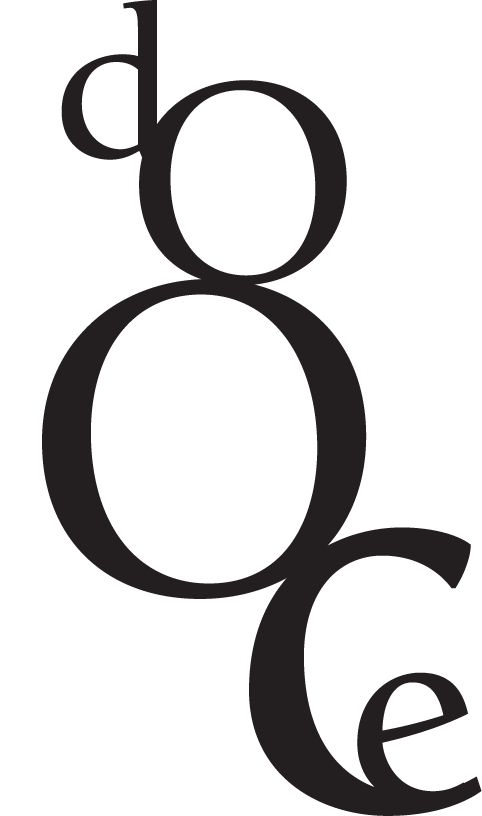Sometimes I am overwhelmed with the feeling of wanting to tell Leta how remarkably stunning she is. Every parent I know feels this way about their kids, that their children are undeniably beautiful, but I’m often told that I shouldn’t use such quantifiers because she will grow up thinking that her sense of self is directly tied to her beauty, that if I keep commenting on her looks she will learn to think that beauty is more important than it actually is. But when I comb her hair into pigtails and the ends curl in perfect circles under her chin, it is hard to hold back the truth, that she takes my breath away.
Jon likes to tell Leta that she is smart. And she is, she can count to ten in Spanish and put together a 30-piece puzzle. But is this any better than telling her that she is beautiful? Smart is not a neutral quantifier either, and when I was an awkward teenager with crooked teeth and a padded bra I worried just as much about how smart I was as I did over whether or not I would ever have a good hair day.
I’m not so sure it’s a bad thing that we tell her that she is beautiful or smart, as long as she knows we love her despite those things. They have no bearing on how much we love her. The bigger challenge is making her feel and understand something that has taken me a lifetime to learn, something I would have rather heard than any comment on my looks or intelligence. I want her to know that she will always be good enough.
